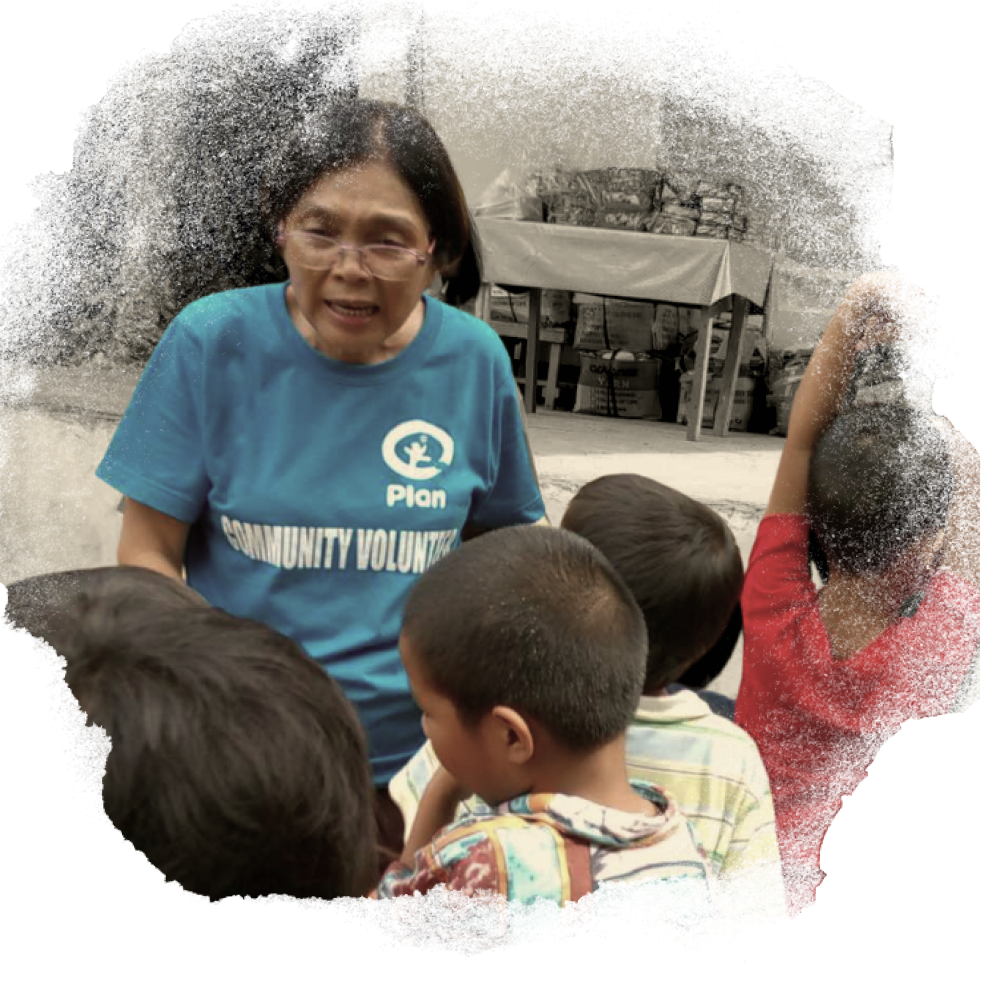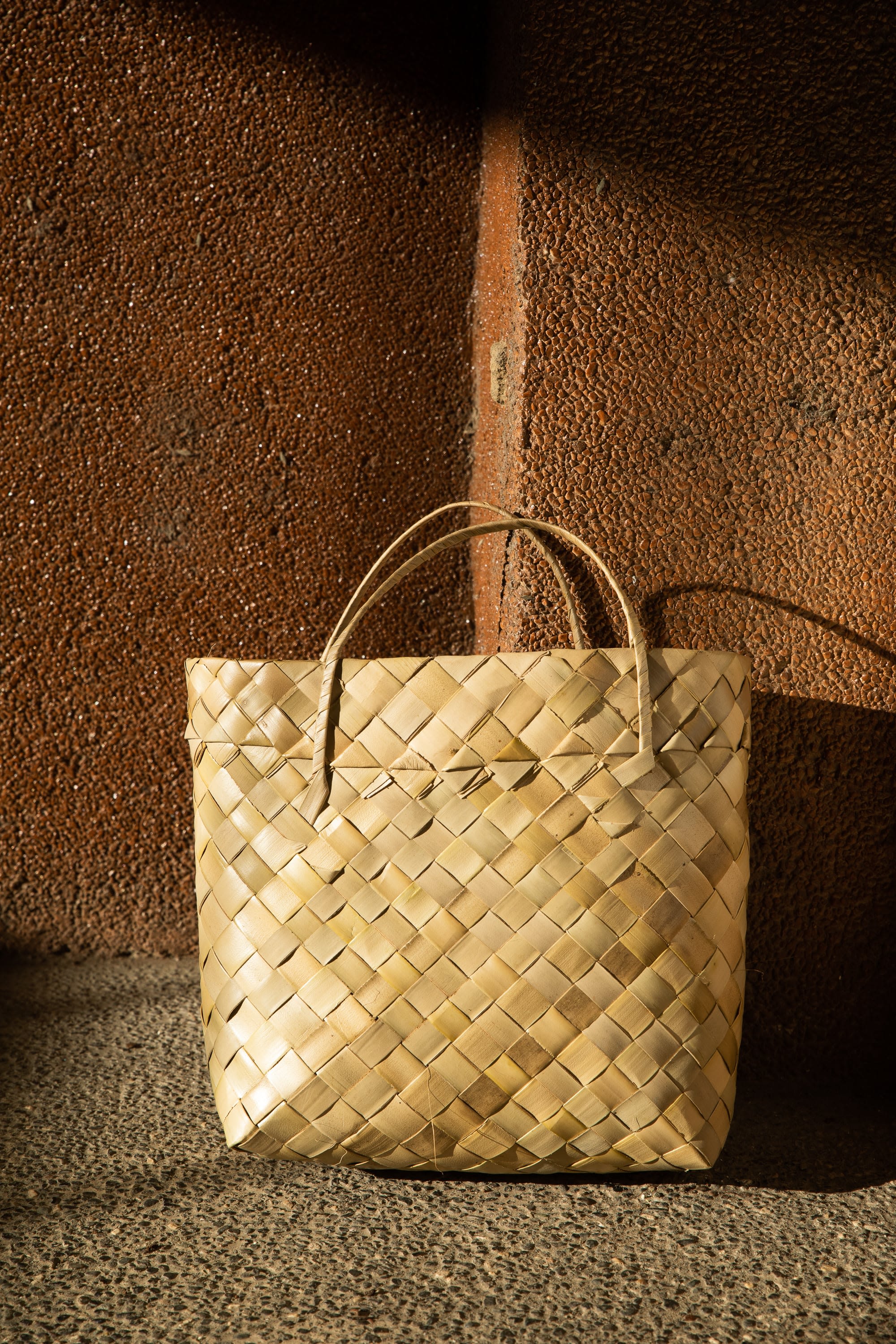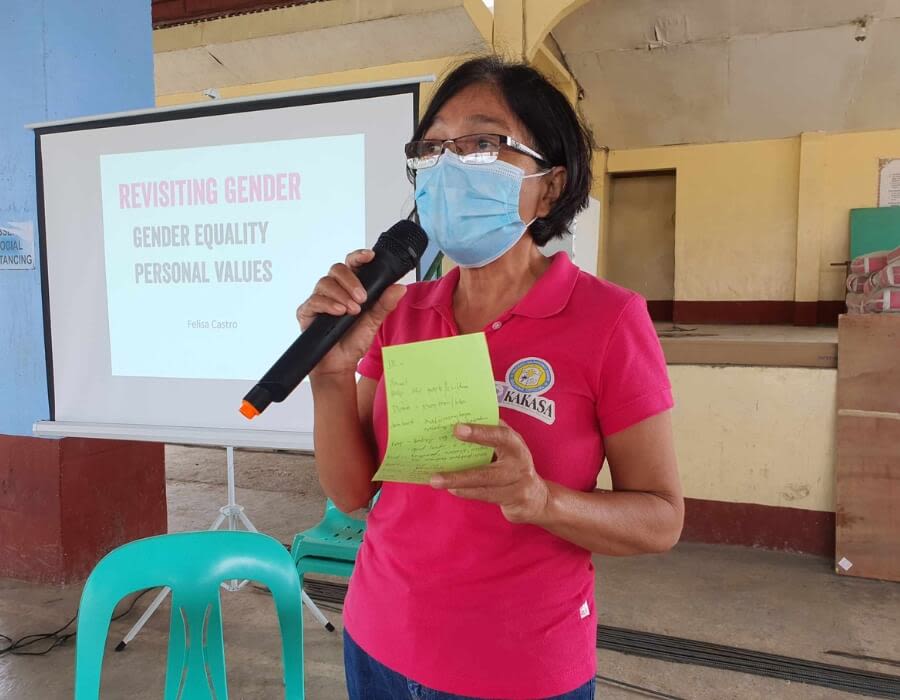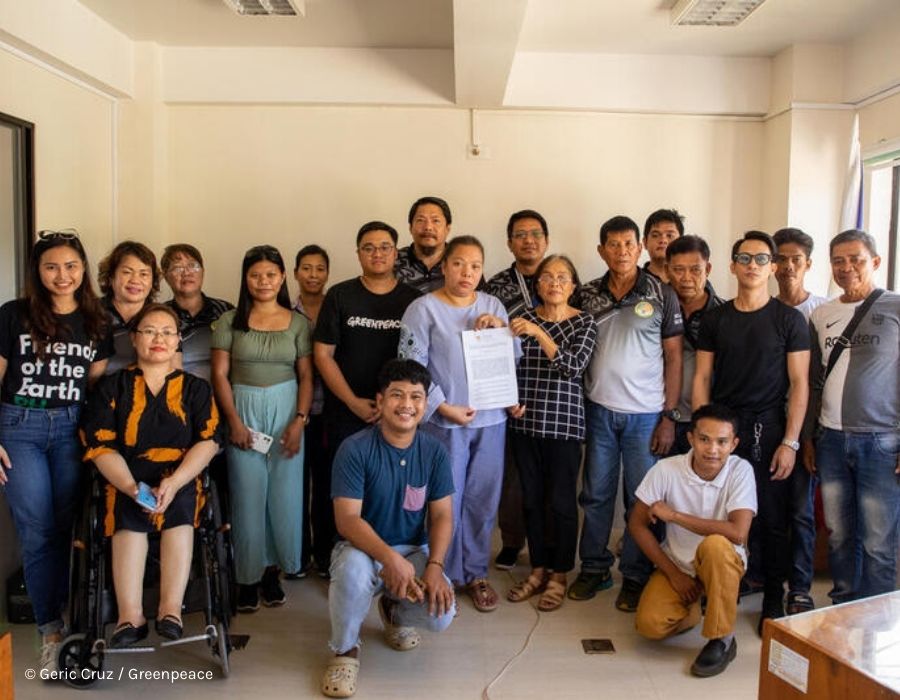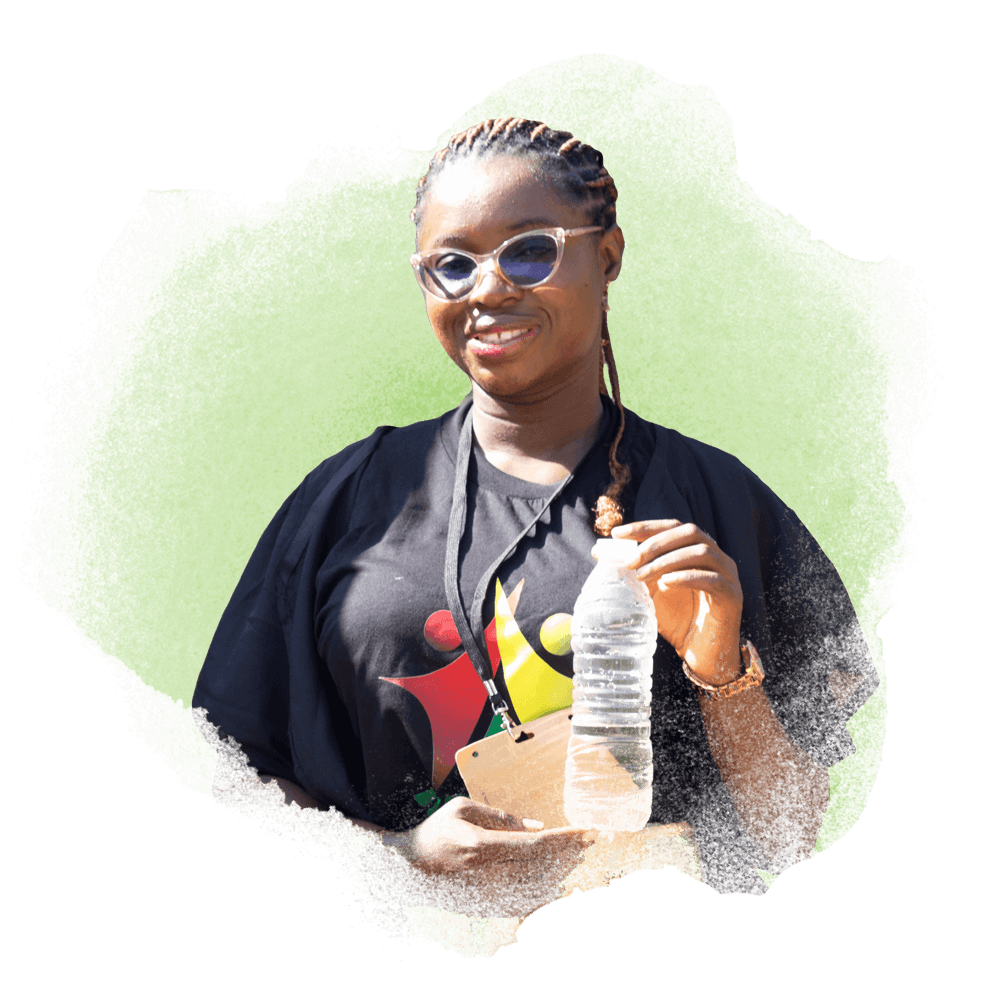BARIW BASKET | PHILIPPINES
FELISA CASTRO
PHILIPPINES
Women lead in tackling climate change despite facing double the burden, just like Felisa who amplifies women's voices for a sustainable future, benefiting her livelihoods, family, and community.

After the Super Typhoon Haiyan wreaked havoc in Eastern Samar, Felisa was one of the first to respond to impacted communities in their area. Despite roads blocked by debris, she bravely travelled from Salcedo, Eastern Samar, to Manila, where she could get relief goods.
Travelling back home with a 10-wheeler truckload of much-needed supplies was another challenge – they had to hurdle typhoon debris, deal with people on the streets begging for food, asking to join them in the ride - it took her three days to reach home. But Mana Felisa did not mind it; all she had in mind was the situation of their community and how they needed the relief goods.
(English Translation)
Bariw basket
my life
If I can't weave there are no food for my family
if it's raining there are no bags to be woven
That's why I need the sun
To dry my woven bags
When I weave, my children can go to school
They were able to graduate and help my family
That's why I will protect you, Bariw
My family's life depends on you
(Original Translation , Waray Language)
Bayong ko nga Bariw
Kinabuhi ko
Kon Waray ko malara waray pagkaon hit pamilya ko
Kon mauran waray Bayong nga malalara
Kay hi ikaw adlaw kinahanglan ko
Para mabulad an Bariw nga lalaraun ko
An paglara han Bayong mga bata naka eskwela
Naka graduate ha kolehiyo ngan nakabulig han Pamilya Ko.
Salit tanom nga Bariw po protehiran
Kay kabubwason hit pamilya na depende ha iya.
ObJECT OF MEMORY
A decade after Super Typhoon Yolanda wreaked havoc, Eastern Samar continues to grapple with the impacts of a worsening climate crisis, endangering their livelihoods. One of the main livelihoods of women in Eastern Samar is weaving baskets made of the Bariw plant. Felisa's poem echoes worry juxtaposed with determination to protect their main source of livelihood, which supports the needs of their families.
This is evident in her work as a climate advocate. Her response did not end after their community recovered from Haiyan. She extends her response in fighting for climate justice and encouraging women to work together in standing against climate polluters.
She urges, 'Fellow Women, let's unite now for Climate Justice, which we advocate for. If we don't start now, then when? It's time. Let's not be afraid to stand up for it. Let us step up for others and for our families. Let's move forward, unite, and strengthen our advocacies.
Currently, Felisa serves as the President of KAKASA Salcedo, an association of women actively engaged in collaborative efforts with other civil society groups and government institutions to develop solutions for their community. While their group has successfully secured seats in council meetings, Felisa acknowledges that there are instances when their concerns are dismissed. Despite these challenges, Felisa courageously persists in ensuring that the voices of women are equally valued in the design of policies and programs for their community.
MAKE POLLUTERS PAY.
SIGN THE PETITION.


